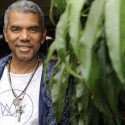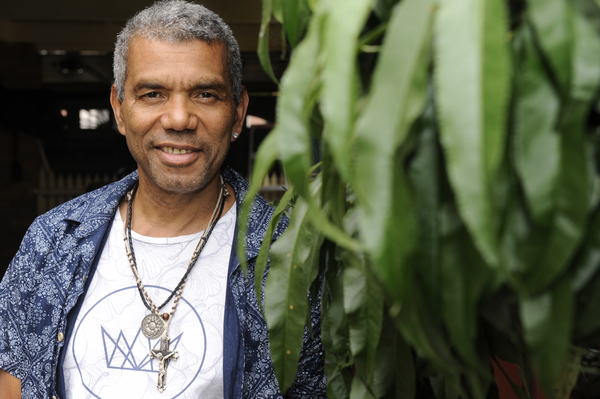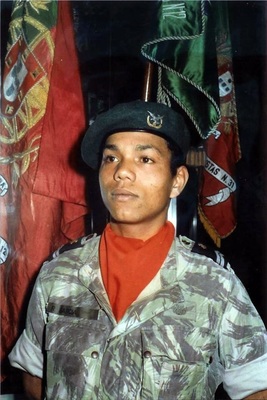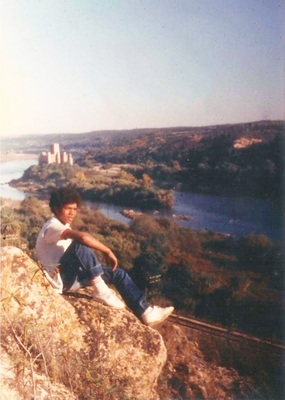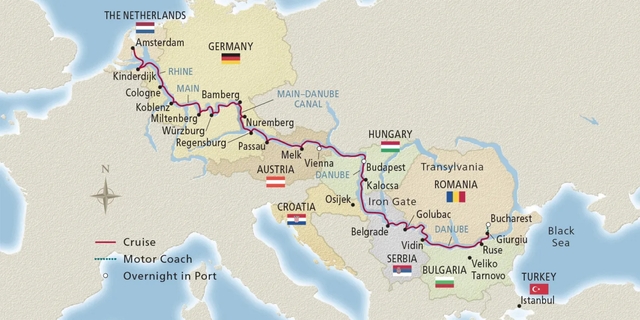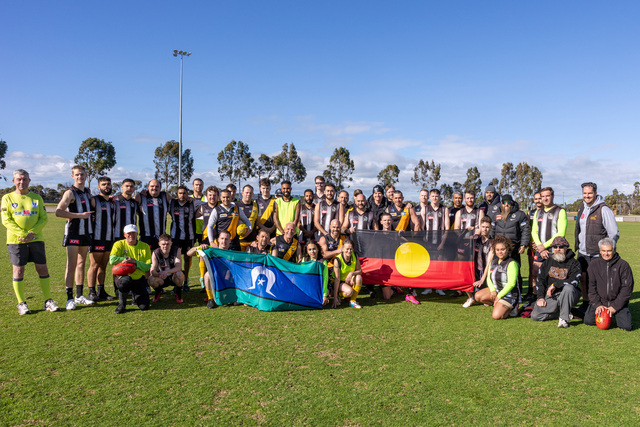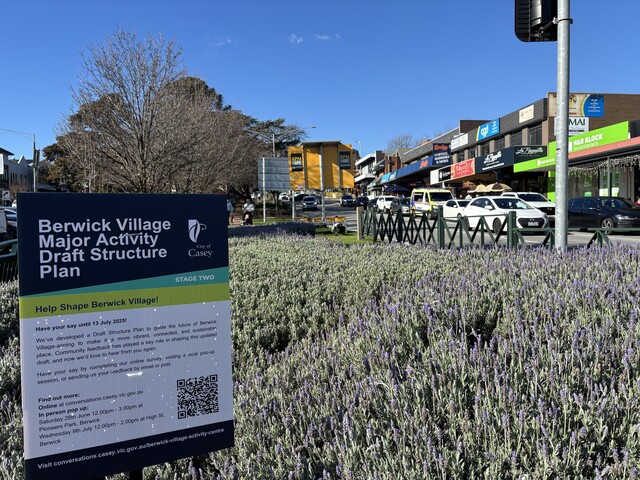By Cam Lucadou-Wells
Joao Garcia has finally found his mum – more than 40 years after being allegedly kidnapped as a young boy in East Timor during the Indonesian invasion in 1975.
Much like the award-winning film Lion. the Narre Warren printer has lived most of his life questing for answers about his past.
Through that time, he’s lived in Portugal and Australia without knowing his mother’s true name.
He had none of his birth records, which were apparently destroyed during the invasion.
His alleged kidnapper registered him under a new name and told him his mother abandoned him.
He carried the painful likelihood that he’d never find his mother again.
In February, out of the blue, Joao’s brother-in-law gets a call from a Timorese friend in Noble Park. Apparently the friend was neighbours with a woman asking around for her long-lost son Isaac.
For some reason, it clicked that Joao was indeed Isaac.
“Your mum has been after you for so many years,” the neighbour told Joao.
Ironically, Joao had met this friend in his sister-in-law’s home in Eumemmerring soon after arriving in Australia 20 years ago.
He and his 70-year-old mother Isabel Soares re-connected on social media. They exchanged stories from 40 years apart via video calls with a go-between translator.
“She was crying, I was crying,” Joao recalls.
“Every day she would pray and burn a candle. She’d dedicate that to finding me.
“She said she never abandoned me.”
In 1972, he had been taken from his home in the jungle hills of Bidau, East Timor by his father’s mistress Amelia.
Amelia looked after him quite well in the capital Dili – apart from the kidnapping, he says.
Joao says as war took hold, it was unsafe for his mother to go look for him. “You go out, you get shot.”
As bullets whizzed through the streets, Amelia and his father Carlos Lascasas then tried to flee the island with hundreds of others aboard a refugee ship.
Joao helped carry their bags onto the docks, then was told by Carlos to stay behind, to go back home.
In that moment, Carlos – a police officer – was himself ordered to stay to attend an emergency.
Seizing the opportunity, Joao hid on board amongst the desperate crowd. He was repeatedly beaten and scolded by Amelia for his disobedience.
In Darwin, authorities organising the refugees forced her to accept Joao as her ‘brother’.
They settled in the town of Tancos in Portugal where they later reunited with Joao’s father.
“He went ballistic,” Joao said. “He got a big surprise to see me.”
Joao was raised by friendly neighbours Gina and Francisco. He was well schooled, then took to a party-going lifestyle and later joined the army as a paratrooper.
In 1995, he settled in Australia seeking better economic prospects with his wife Brigida and children Catia and Helder.
Gaining a permanent visa, he started basic English classes. He worked long hours as a printer, saving enough for a comfortable abode with an array of home gadgets.
Meanwhile, Amelia re-married and settled in Dandenong. She secretly suffered from cancer, her death in 2013 coming as a complete shock to Joao.
He has mixed feelings about his former kidnapper who he says loved him and never mistreated him. He paid for her burial and a plot in Dandenong Cemetery.
Soon after her death, Joao fell ill with anxiety and sweats. His heart was constantly racing and pausing during the night. Within months, he was installed with a pacemaker.
“When she died, that’s when everything that happened in my life came up. My heart was broken.
“I wanted my mum.”
After the video calls with his mother, a happiness rose within.
“It was like a blessing.”
In September, Joao will fly back to his homeland and meet his mother. They will do DNA testing for confirmation of their reunion.
He’ll bring two photos of his early childhood in East Timor. His mother has no surviving photos of him as a child.
“I’ve been looking for answers all my life.
“When I’m there I want to know all the stories.”
Joao beams at the prospect.
“It’s a miracle.”

